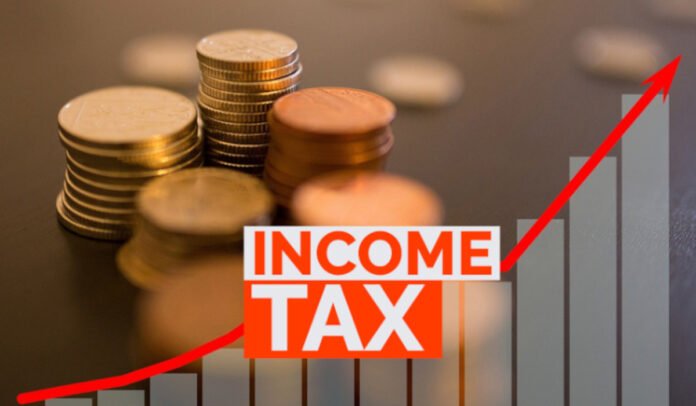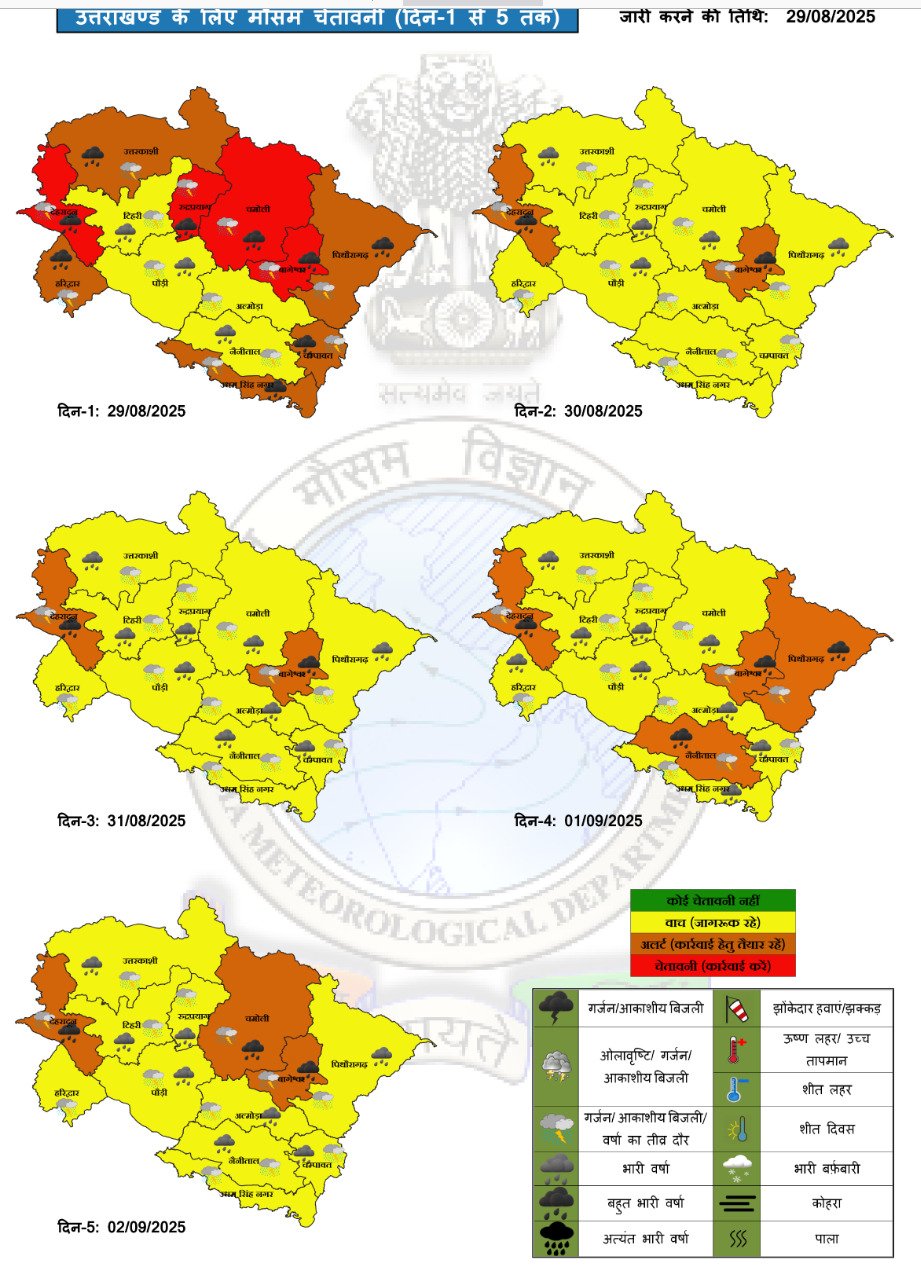In a landmark move to overhaul India’s direct tax laws, the President of India, Droupadi Murmu, has given her assent to the Income-tax Act, 2025. This new legislation, which will replace the more than six-decade-old Income-tax Act, 1961, aims to simplify and modernise the country’s tax framework. The new Act is set to come into effect from April 1st, 2026, marking a significant step towards a more transparent and compliance-friendly tax system for individuals and businesses alike.
The new Act, which was passed by both houses of Parliament on August 12th (Tuesday), is not intended to change the existing tax rates. Its primary objective is to streamline the complex legal language and remove outdated provisions that have accumulated over the decades. According to an official gazette notification, the new law consolidates and amends the country’s income tax laws to make them more accessible and easier for taxpayers to understand. This is a crucial reform for a country with a growing tax base and an increasing number of digital transactions.
A key highlight of the new legislation is the dramatic reduction in its length and complexity. The 1961 Act had 819 sections across 47 chapters, with a word count of over 5.12 lakh. In stark contrast, the Income-tax Act, 2025, has been condensed to 536 sections spread across 23 chapters, with the word count slashed to around 2.6 lakh words. To further enhance clarity, the Act introduces 39 new tables and 40 new formulas, which replace dense legal prose, making tax calculations and provisions more straightforward.
This legislative reform is a part of the government’s broader agenda to improve the ease of doing business and enhance governance. By simplifying the tax code, the government hopes to reduce disputes and litigation, improve voluntary compliance, and create a more conducive environment for economic growth. This is a welcome change for both individual taxpayers who often find the tax code intimidating and for corporate entities that spend considerable resources on navigating tax regulations.
The Income-tax Department announced the development on social media, hailing it as a “landmark reform.” The department stated that the new Act “ushers in a simpler, transparent & compliance-friendly direct tax regime.” This move is expected to have a far-reaching impact on India’s economy, encouraging greater participation in the formal economy and instilling more confidence in the financial system. It signals a shift from a rule-based approach to a more principle-based system, which is a global trend in modern taxation.


























